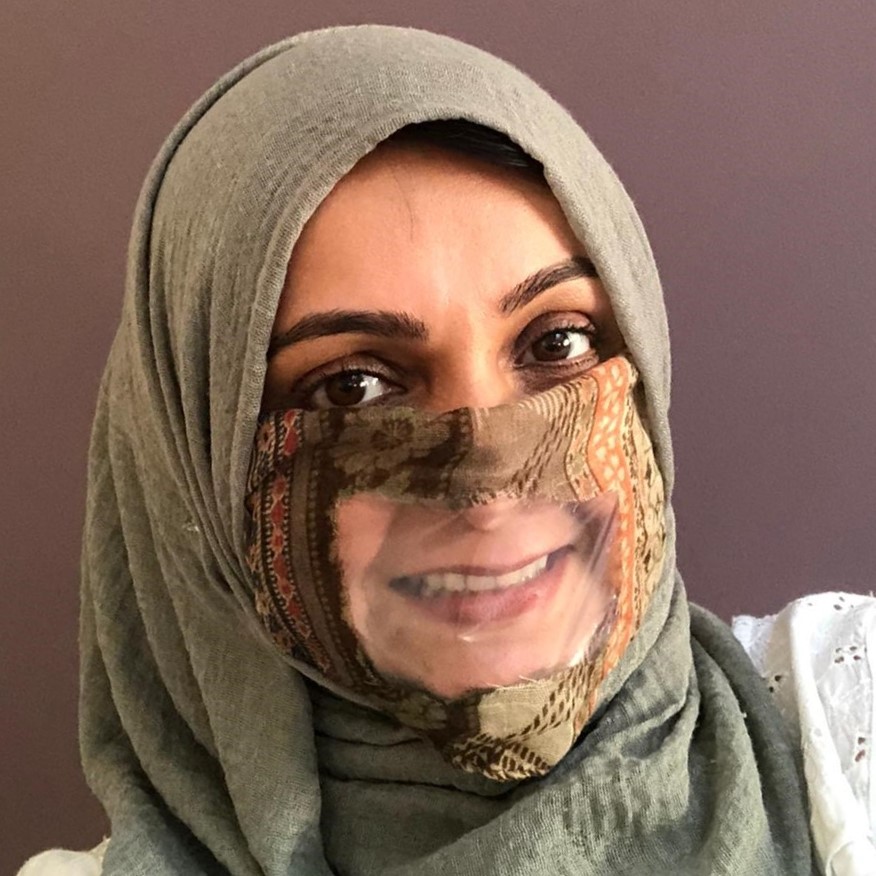
Transparent face masks – clearly a good idea?
As the Covid-19 coronavirus pandemic is set to affect how we stay safe outside our home for some time to come, we’ve been considering the government’s current advice to wear a face-covering, if possible, ‘in enclosed public spaces, such as public transport and some shops, where social distancing isn’t possible and where you will come into contact with people you do not normally meet’.
While experts investigate the properties of the Covid-19 virus and the effectiveness of non-clinical face coverings, homemade face masks would seem to us like a reasonable precaution, to have at hand and to put on when you are keeping your distance from others and trying to hinder the spread of the virus. Homemade face masks are, no doubt, less effective than surgical masks and respirators, but then again, making something for yourself ensures that professional equipment is reserved for essential workers and healthcare professionals, who are battling this pandemic on the front line.
More and more people are choosing to wear face masks, and as their popularity increases, we are concerned with the profound impact this will have on deaf people, who need to see faces clearly in order to communicate with others. In the months ahead and as the rules for how we go about daily life are established, masks may become the norm. Deaf people face difficulties communicating at the best of times but now they risk even further isolation if the use of face masks becomes common. We are particularly concerned about deaf children’s access to communication in their formative early years because it is so essential that deaf children are able to see the faces of those around them while they are trying to establish a foundation in language.

Face masks need to be transparent! This will allow deaf people to see the facial expressions and lip patterns of mask wearers, so essential for communication. This excellent article by Jasmine Taylor-Coleman of BBC News calls for clear face masks to be ‘the norm’.

Our very own Sagira Jetha and Debbie Hawke have stepped up, needle and thread in-hand, to join a growing movement of deaf-friendly crafters and sewing machinists, to try their hand at designing and making face masks with plastic windows. We think they are rather good.

Like us, you might be thinking that these masks will fog up, being so close to the wearer’s mouth but in this Facebook video by BBC West, mask-maker Sonia Carley claims that simply rubbing the plastic screen over with a bar of soap will solve the issue.
Why don’t you try making one yourself? This article from the NDCS has a number of useful guides.

If you choose to make or wear a clear face mask, please use discretion for anyone very young or with a medical condition. The government has this advice: ‘Face coverings should not be used by children under the age of 2 or those who may find it difficult to manage them correctly. For example, primary age children unassisted, or those with respiratory conditions.’ You can read all the government’s guidance on staying safe outside your home here.